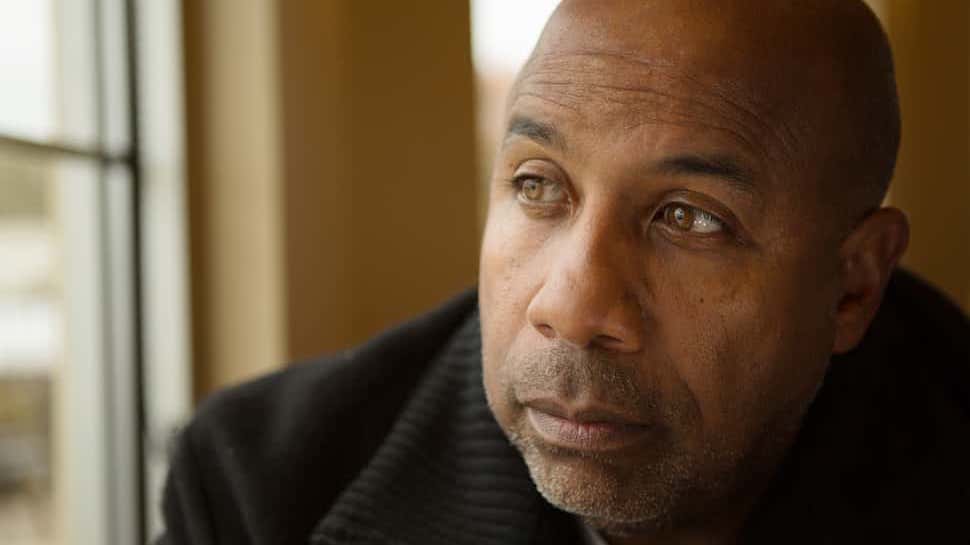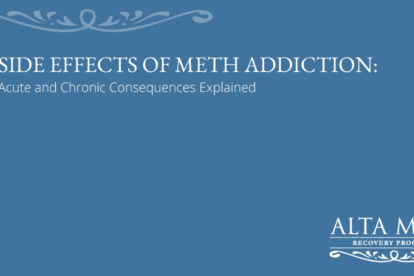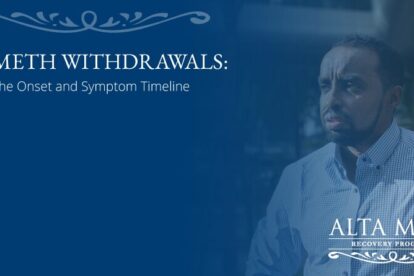
Alcoholism and Diabetes
Alcoholism and diabetes are both dangerous illnesses that can be even more dangerous if they occur together. What do you need to know about drinking if you have either type 1 or type 2 diabetes? If you haven’t yet been diagnosed with type 2 diabetes, does alcoholism increase your risk of developing it?
Alcoholism is a disorder characterized by the compulsion to keep drinking alcohol in spite of negative consequences.
Diabetes is a condition in which your body can’t make enough insulin or can’t use the insulin it makes as well as it should. This results in too much sugar in the blood.
Having both alcoholism and diabetes at the same time can be very dangerous.
Type 1 Versus Type 2 Diabetes
Type 1 diabetes was previously called juvenile diabetes, but it does not occur only in children. If you have type 1 diabetes, your body doesn’t produce insulin. Only a small percentage of the people who have diabetes have type 1 diabetes.
The vast majority of diabetics have type 2 diabetes. With this type of diabetes, your body doesn’t use insulin properly, which is called insulin resistance. For a while, your pancreas makes extra insulin, but eventually, it is no longer able to do so.
If you have a family history pf diabetes, or are showing signs of developing diabetes, a good diet, regular exercise, and a healthy lifestyle can help keep you from developing diabetes.
What Diabetics Need to Know About Drinking
When you know you have diabetes, you also know that there are some things you have to be mindful about, including what may cause your blood glucose to rise or fall. Drinking even small amounts of alcohol can have an impact on your blood sugar readings. Alcoholics are almost always unable to control how much they drink or pay attention to how drinking might be affecting their blood sugar or long-term health.
Drinking moderate amounts of alcohol can cause blood sugar to rise, partly because there are carbohydrates in alcohol and partly because you may overeat while under the influence of alcohol. Drinking heavily can actually cause blood sugar to drop, possibly even to dangerous levels. This is especially dangerous if you have type 1 diabetes. Another potential problem is that alcohol can interfere with medication you may be on for your diabetes, such as insulin or oral diabetes medicine.
In severe alcoholism, the impact on diabetes may be even worse. When alcoholism continues to progress, a person may be compelled to drink and not eat, sometimes for days on end. This can make maintaining healthy blood sugar levels extremely difficult, which makes co-occurring alcoholism and diabetes extremely dangerous.
Alcoholism and Diabetes: Can Alcoholism Increase Your Risk of Developing Type 2 Diabetes?
Obesity and lack of physical activity are among the most common causes of developing type 2 diabetes. Those who drink heavily are often consuming high numbers of calories while remaining sedentary, increasing their risk of obesity and ultimately diabetes as well.
Drinking heavily also increases the risk of pancreatitis, impairment of liver function and disturbance of glucose metabolism. These are all factors affect blood glucose levels, which is a strong indication that heavy alcohol consumption does increase your risk of developing type 2 diabetes.
Complications of Diabetes
When diabetes is out of control, it can lead to very serious complications. The risk of complications increases the more your blood sugar is uncontrolled. Complications of diabetes can include:
- Nerve damage
- Heart disease
- Stroke
- Kidney damage
- Foot complications
- Eye damage
We're Here to Help. Call Today!
866-922-1350Getting Help for Alcoholism
If your drinking is out of control, there’s a good chance you won’t be able to make the daily choices necessary to control your diabetes. With treatment for your alcoholism along with healthy lifestyle changes, you have a better chance of avoiding the serious complications of diabetes.
Treatment for alcoholism can be done on an inpatient or an outpatient basis depending on how far alcoholism has progressed. Because withdrawal symptoms from alcohol can be extremely serious and even life-threatening, it’s a good idea to go through detoxification in a treatment facility where medical supervision is available around the clock.
When you go to a treatment facility, you are able to have the guidance of medical professionals for your diabetes as well as helping reduce the severity of your withdrawal symptoms. In this safe environment, you can begin your recovery journey.
Completing a treatment program doesn’t mean that you are cured of alcoholism. You will need to build a support network and continue to remain aware that there are many things that could trigger a alcohol relapse.
Learning to deal with the day-to-day challenges of life without reliance on alcohol is an important step to take when you have both alcoholism and diabetes. If you have both conditions, it’s very important to obtain treatment for alcoholism so that it doesn’t prevent you from taking care of your diabetes.






